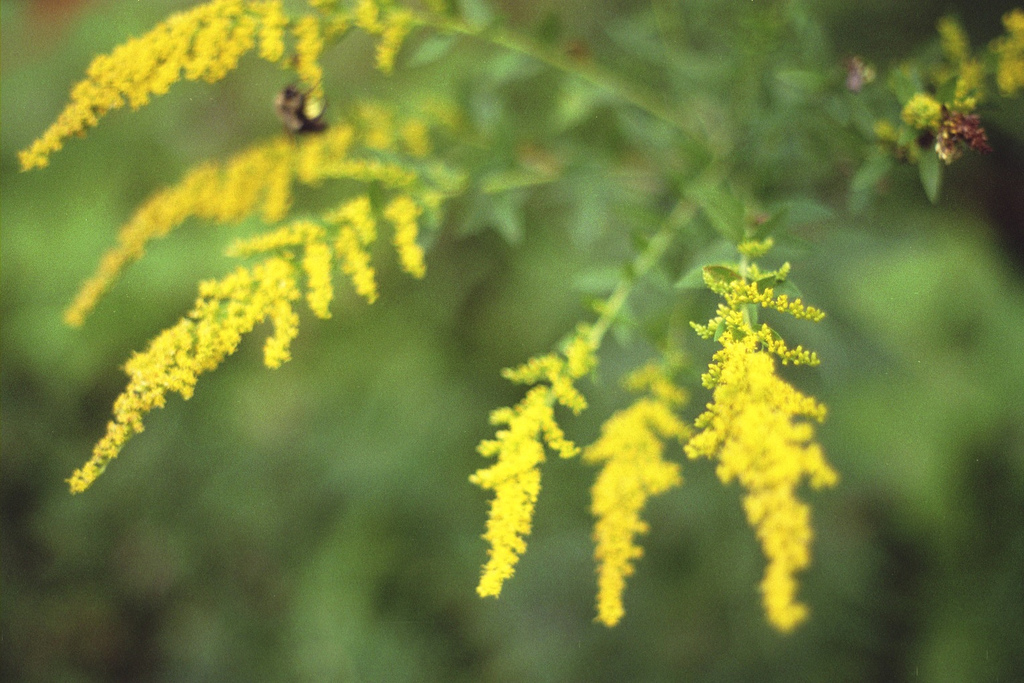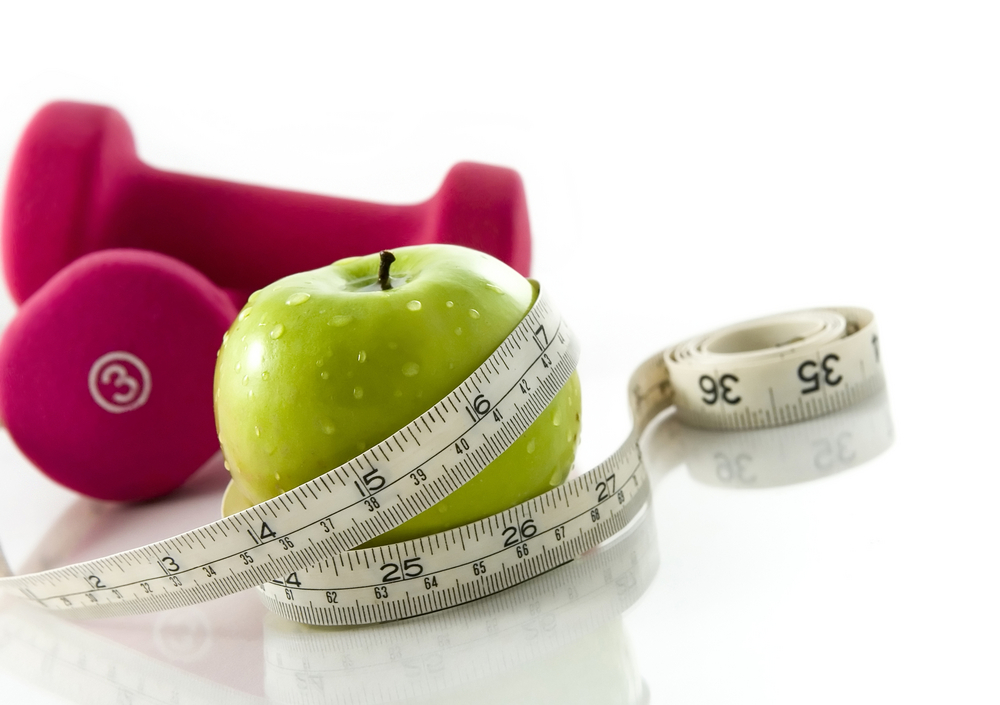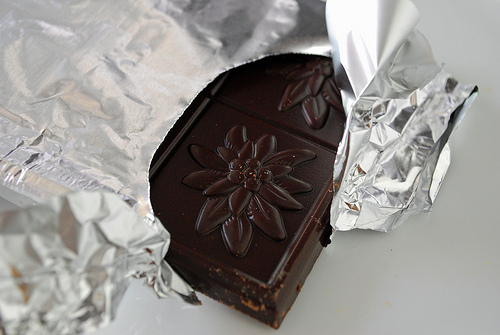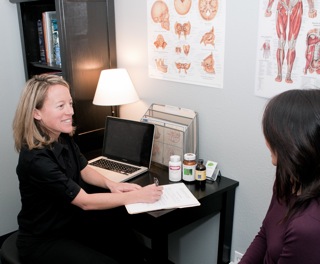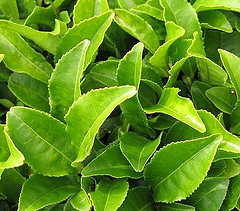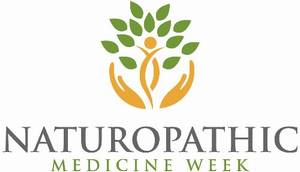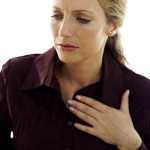Menopause Gracefully and Naturally
Naturopathic Approach to Menopause
Written by: Dr. Julieanne Neal, ND, CMT
More than ever before, women are educating themselves, asking their doctors questions, and discovering the variety of natural options to treat menopausal symptoms. Diet changes, exercise, essential vitamins and nutrients, and herbal medicine can have a profound impact on menopausal symptoms and the way a woman moves through this life transition.
No two women experience menopausal symptoms the same. Physical, mental and emotional symptoms can begin long before a woman reaches official “menopause”–the term used when a woman goes one full year without having a menstrual cycle.
Dr. Julieanne Neal provides a personalized naturopatic approach to Menopause symptoms and Menopause transitions. Contact Boulder Natural Health today at 303-960-3920 for more information about natural approaches to Menopause. You can also send us an email!
Typically symptoms begin between age 40 and 51, a time period called peri-menopause. Signs and symptoms include:
- menstrual irregularities,
- hot flashes,
- night sweats,
- vaginal dryness,
- skin changes,
- fatigue,
- low libido,
- mood swings,
- weight gain, joint pain, insomnia, headaches, urinary tract infections, incontinence, anxiety, depression, osteoporosis and heart disease.
A woman’s age, her stress, and her body weight all play a role in a woman’s hormonal balance and her menopausal symptoms.
The naturopathic approach to treatment of menopausal symptoms is different from conventional medical care. Naturopathic doctors view menopause as a normal transition in life, rather than a disease process. Naturopathic doctors strive to educate women about the changes happening in their body during this life transition. Naturopathic treatments focus on the whole woman–her diet, her lifestyle, her exercise, and her mental, emotional and spiritual outlook.
Therapeutic treatment options include:
- vitamin and nutrient supplementation,
- herbal or botanical medicine,
- homeopathic medicine,
- and bio-identical hormone replacement therapy when indicated.
Here are some natural solutions used by naturopathic doctors for women experiencing menopausal symptoms:
Diet
Increasing a woman’s dietary intake of phytoestrogens or foods containing plant-based estrogen can improve many symptoms of menopause. Adding 100 grams of tofu and 2 TB of ground flaxseeds each day to a woman’s diet can reduce hot flashes and decrease vaginal dryness. Other recommended foods include natural sources of soy in miso, (not the refined soy in soy milk or soy cheese), tofu, flaxseeds, pumpkin seeds, nuts, whole grains, apples, fennel, celery, parsley, and alfalfa. Foods and herbs that contain phytoestrogens offer a significant advantage over the use of hormonal estrogen because phytoestrogens have not been associated with the side effects of hormonal estrogen–increased cancer rates, gallbladder disease and blood clots.
Exercise
Moderate to high intensity weight bearing aerobic exercise, high intensity progressive resistance training, and high-impact loading such as jumping, all can increase bone density by 1-4 percent in pre and post-menopausal women. Weight bearing exercise like walking, jogging, stair climbing, dancing, weight training, and cross-country skiing can reduce risk of fracture and improve bone mass.
Herbal Medicine
Black cohosh is a suitable natural alternative to hormone replacement therapy for menopausal symptoms especially when hormone replacement therapy is contraindicated (conditions with possible contraindications include history of cancer, liver and gallbladder disease, pancreatitis, uterine fibroids, fibrocystic breast disease). Dong quai, licorice, and chaste tree berry are herbs with mild estrogenic effects and used to treat menopausal symptoms to help with fatigue during menopause, Siberian ginseng combined with a vitamin B complex is often effective. Herbs like Damiana, Ashwaghanda and ginseng herbs can improve libido and can be used when fatigue is the source of low desire. For difficulty falling asleep, herbs like Valerian, Passionflower, California Poppy and Jujube can be beneficial. For problems waking in the middle of the night, consider Ashwaghanda or St. John’s Wort if waking is associated with anxiety or depression. Jujube, Hops, Skullcap, Passionflower, Oats and Chamomile are used for night sweats and insomnia caused by flushing.
Bio-Identical Hormone Replacement
If diet, exercise, nutrient therapy and herbal medicine are not working to treat menopausal symptoms, short-term bio-identical hormone therapy is recommended. Bio-identical estrogen is preferred over synthetic estrogen because bio-identical hormones are the exact chemical structure of the hormones in our body. Synthetic estrogen is a mixture of different types of estrogens called conjugated estrogens, derived from horse’s urine. Conjugated estrogens can be hard on the liver, which has to process all of estrogens that the body does not recognize. Bio-identical hormones are sourced from either wild yam or soybeans. The amount of bio-identical hormone required to treat menopausal symptoms is usually less than the amount required with synthetic hormones. The bottom line with hormone replacement therapy is: use the lowest dose for the shortest amount of time to treat symptoms. Hormone levels should be checked periodically and women should only use hormones if they are symptomatic.
References:
Trickey, R. 2003. Women, Hormones and the Menstrual Cycle. Allen & Unwin, Australia. Pp. 153-201.
Murray, M., Pizzorno, J. 1998. Encyclopedia of Natural Medicine. Three Rivers Press, New York. Pp. 628-644.
Hudson, T. 2008. Women’s Encyclopedia of Natural Medicine. McGraw-Hill, New York. Pp. 175-224.


